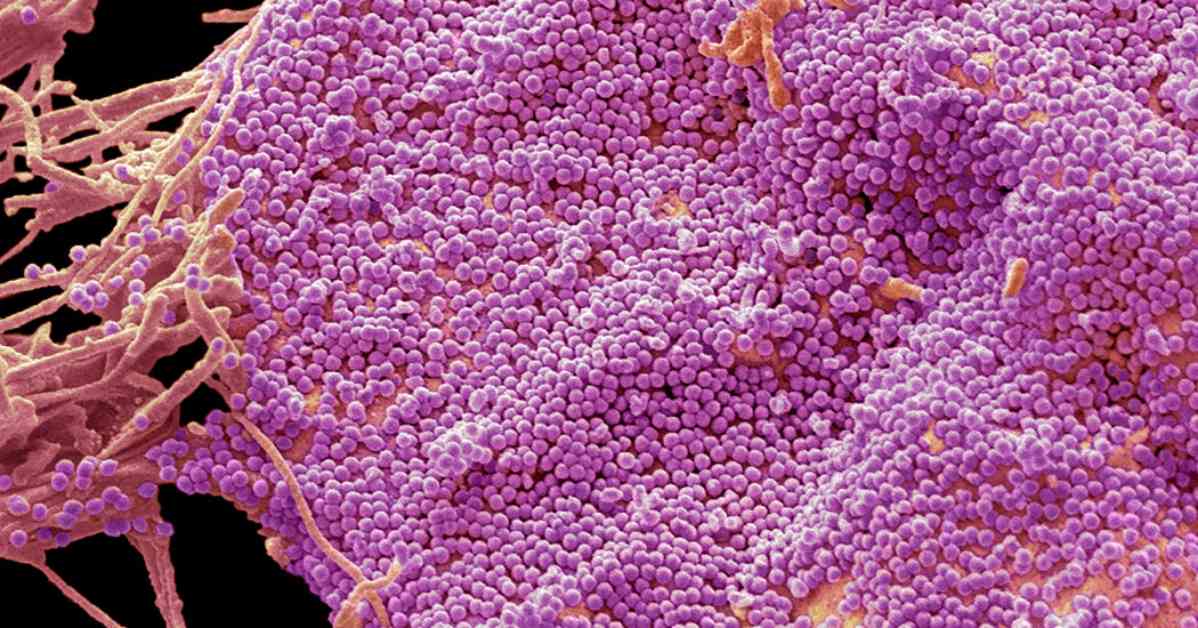Scientists have made a significant breakthrough in the fight against H.I.V. by developing a new therapy option involving an engineered virus that shows promising results in preventing the virus from multiplying in monkeys. This new treatment approach, which involves a molecular mimic invading cells to steal essential proteins from the virus, will soon be tested in humans. Four or five volunteers with H.I.V. are set to receive a single injection of the engineered virus in the near future.
In a typical H.I.V. infection, the virus enters immune cells, hijacks the host’s DNA to replicate itself, and then spreads to infect more cells, ultimately leading to the collapse of the immune system and the onset of AIDS. Traditional treatments for H.I.V. have focused on attacking the virus directly, targeting proteins like protease and viral shell-forming proteins to keep the virus at bay.
However, Dr. Leor Weinberger from the University of California, San Francisco, took a different approach by creating an impostor virus that disrupts H.I.V.’s life cycle. This new therapeutic strategy aims to interfere with the virus’s ability to replicate within host cells, offering a unique way to combat H.I.V. infection.
The potential of this engineered virus as a treatment for H.I.V. is highly anticipated, with researchers eager to see how it performs in human trials. By targeting the virus through a different mechanism, this therapy could provide a valuable addition to the existing arsenal of H.I.V. treatments, offering new hope for individuals living with the virus.
As scientists continue to explore innovative ways to tackle H.I.V. and improve treatment options, the development of this engineered virus marks a significant step forward in the quest for effective therapies against the virus. The upcoming human trials will shed light on the efficacy and safety of this new approach, potentially paving the way for a novel treatment strategy in the fight against H.I.V.

















